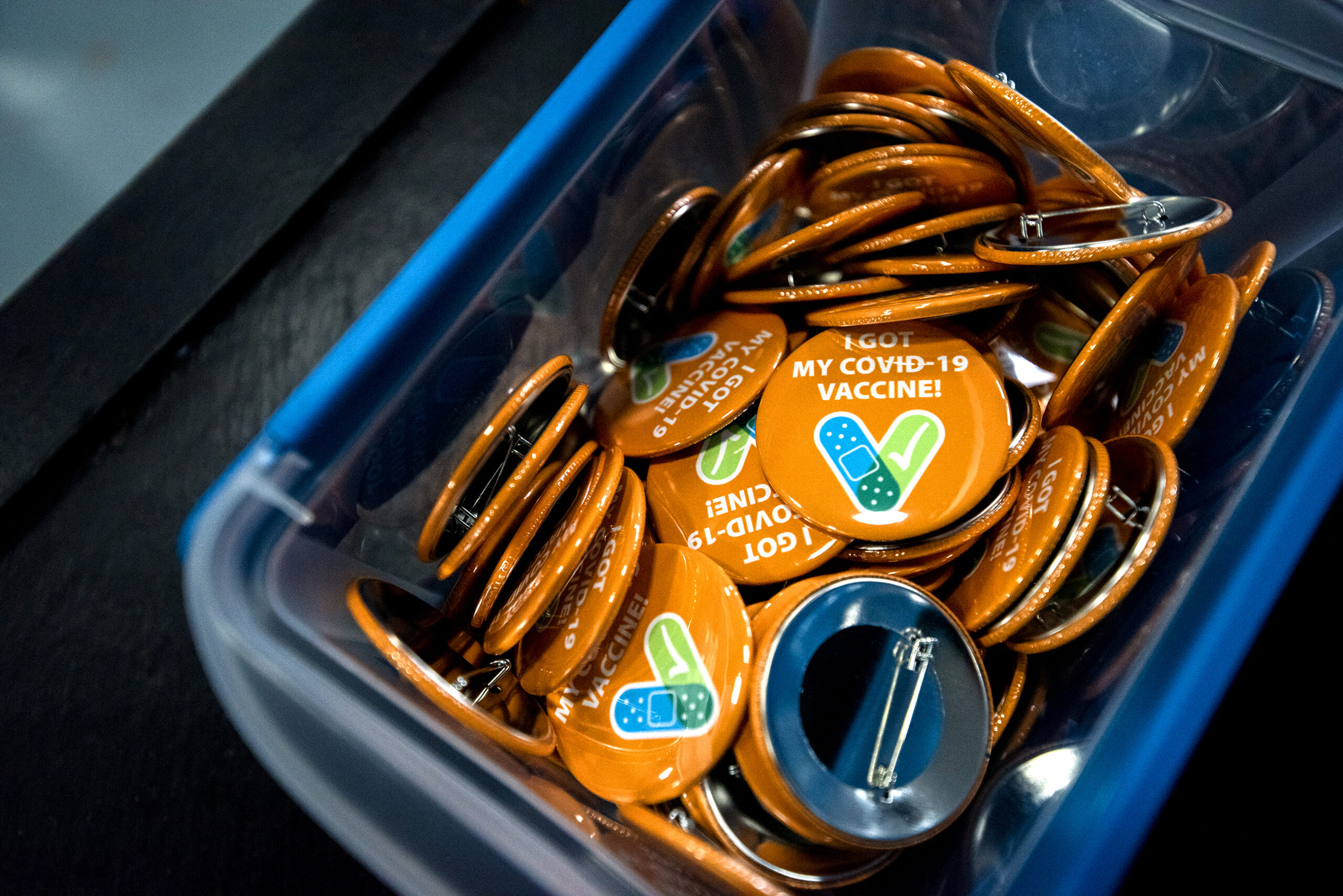Researchers at Epic Health Research Network have found unvaccinated patients are 44 percent more likely to be reinfected with COVID-19 than those who are vaccinated against the illness.
The research arm of Wisconsin’s Epic Systems looked at the average weekly reinfection rates for patients who’ve received the COVID-19 vaccine and those who haven’t. Researchers found that vaccination prevents one reinfection for every 275 patients who’ve received their shots.
“There was a lot of question in the community whether or not getting an infection gave you just as much protection as a vaccine and was there really a need for a vaccine,” said Dr. Brad Fox, director of clinical informatics at Epic. “We thought this was an opportunity to see if the data could help us make that decision a little better.”
News with a little more humanity
WPR’s “Wisconsin Today” newsletter keeps you connected to the state you love without feeling overwhelmed. No paywall. No agenda. No corporate filter.
The study looked at patients who’d previously had COVID-19. It turns out those who went on to get vaccinated were significantly less likely to contract the virus again, he said.
Fully or partially vaccinated patients experienced reinfection at a rate of 1.6 cases per 10,000 patients. Unvaccinated patients experienced reinfection at a rate of nearly 2.3 cases per 10,000 patients. Reinfection rates were lowest in March and June — just before the delta variant became the dominant strain in the U.S.
Those numbers may sound small, but they show vaccines have likely prevented thousands of reinfections across the country.
During the study — which began in February before vaccines were widely available — the infection rate for unvaccinated people who previously had COVID-19 was lower than the general population, Fox said.
“But you can do even better if you get the vaccine,” he said. “This is still a large number of people that got a second infection. If you get the immunization, you can reduce that risk to yourself and others even more.”
The findings echo a Kentucky study conducted earlier this year showing that unvaccinated residents were 2.34 times more likely to be reinfected with COVID-19 compared to those who’d been vaccinated.
Based on the study, reinfection for vaccinated and unvaccinated patients is relatively uncommon. But that could change as the omicron variant makes its way around the globe. Research from South Africa shows the Pfizer vaccine may prevent just 30 percent of infections, meaning there will be many breakthrough cases. However, the vaccine does appear to remain effective at preventing severe illness.
Eventually Epic may extend this study to examine the effects of the omicron variant when it comes to reinfection, Fox said.
For the study, information on vaccination status came from state immunization registries. Epic Health Research Network uses a data set that includes more than 120 million patients across all 50 states.
Wisconsin Public Radio, © Copyright 2025, Board of Regents of the University of Wisconsin System and Wisconsin Educational Communications Board.






